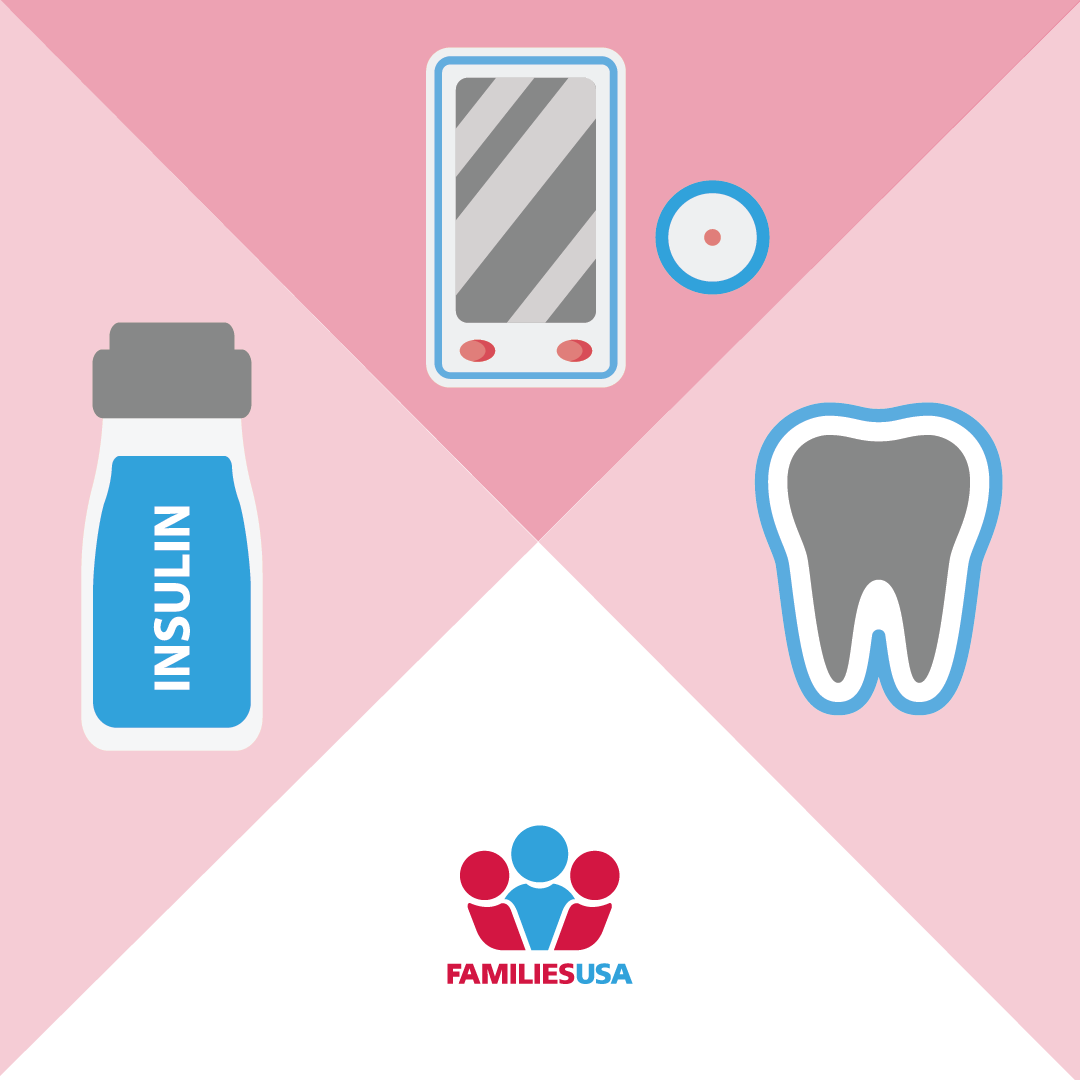Advancing Health Equity Through Improved Access to Patient-Centered Contraceptive Care
By Lee Taylor-Penn, Rebecca Gordon, Marley Antolin Muñiz,
11.29.2021
Important evidence from the Patient-Centered Outcomes Research Institute (PCORI) offers critical insights into how best to tackle inequities in reproductive care. PCORI research suggests that patient-centered contraceptive care promotes equity and improved patient outcomes, especially for women with low incomes, women with disabilities and women of color who have experienced historic and ongoing harms stemming from programs of forced or incentivized sterilization along with commonplace biases in contraceptive care. The growing evidence base from PCORI demonstrates a need for women to have access to all methods of contraception, removing barriers to care (for example, cost, insurance policies and health system requirements), implementing patient-centered contraceptive counseling and prioritizing patient autonomy rather than a one-size-fits-all approach that steers women to a “most effective” method of contraception.
In this issue brief, we bring the latest and most relevant patient-centered outcomes research to bear on the issue of patient-centered contraceptive care. We seek to elevate these research findings to help inform state decision-makers who seek to create effective ways to improve contraceptive access, decrease rates of unintended pregnancies, better address personal contraceptive needs and improve women’s overall health. The recommendations offered in this report are focused on both reducing reproductive health inequities and improving health outcomes for women who are disproportionately affected by barriers to contraceptive care.
To read the full issue brief, click the download button below.




